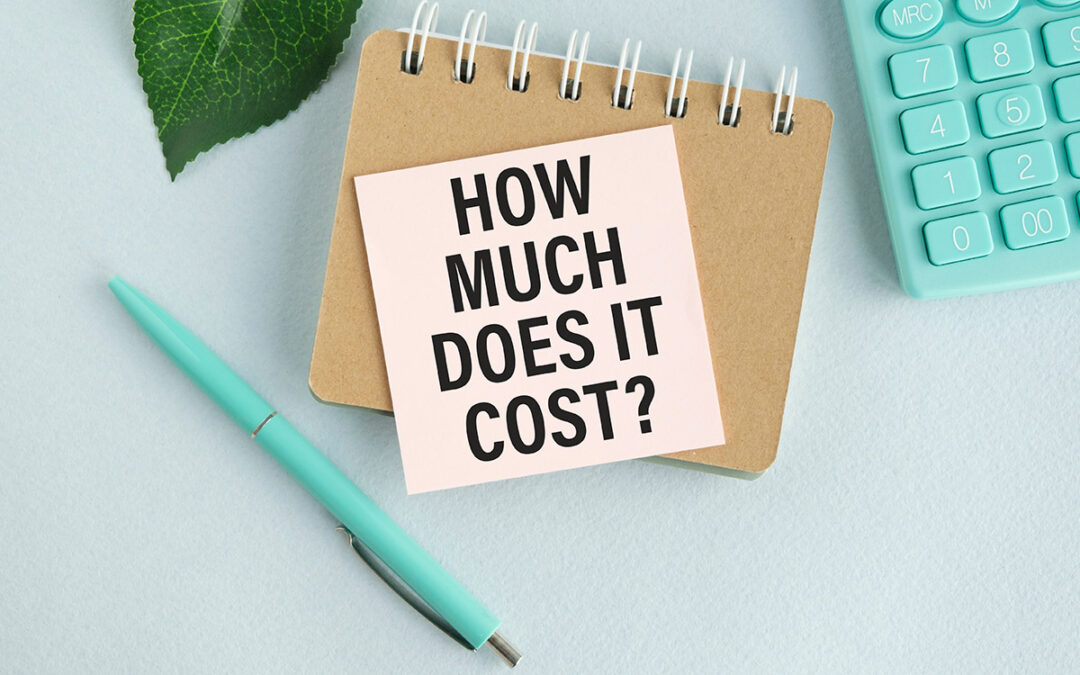The Brains blog
The Brains blog is packed with interesting digital marketing insights. Read our latest posts to learn about lead generation, online advertising, and lots more!
Search Our Blog Posts

What Can a Digital Marketing Consultant Do For Your Business?

Businesses today are in constant pursuit of strategies to enhance their online presence, reach target audiences effectively, and ultimately drive revenue. Now, the only real way to remain competitive is to understand, and learn to manipulate, the busy online landscape – so, enter the digital marketing consultant! But what do digital marketing consultants do, and how can they benefit your business?

Unlocking the Power of Data-Driven Marketing: Strategies to Turn Analytics into Actionable Insights

From its humble beginnings, data-driven marketing has grown into a pivotal force in the marketing landscape, ushering in a new era of precision and...

Mastering Semantic SEO: A Comprehensive Guide to Boosting Your Website’s Relevance

In marketing – and more specifically, in SEO – staying ahead requires more than just keeping up with trends. It’s all well and good updating your website to perform better from a technical perspective and knowing when the next algorithm update will hit, but what about your content?
Most popular
Explore Services
Latest Blog Posts

SEO & the Age of Entity-Based Search. What Entities in SEO Mean For Your SERP Strategy

The world of SEO (search engine optimisation) is a little like… well, it’s a little like a shark – stay with us here. It never stops, and it needs to keep moving forward. (But that’s where the similarities end. SEO isn’t about to sneak up on unsuspecting swimmers...

The Pros and Cons of DIY SEO: Navigating the Path to Self-Optimisation

Welcome to the digital age, where a strong online presence is no longer a luxury, but a necessity for businesses of all sizes. With consumers turning to search engines to find answers, products, and services, the spotlight on Search Engine Optimisation (SEO) has never...

Introducing SaaSible – Sales Enablement & MRR / CLV Optimisation, For Ambitious SaaS Brands

Right now, global SaaS (software as a service) markets are booming. Across industries, organisations are waking up to the fact that The Future (capital T, capital F) – and all the tech, software, and digital architecture that it brings – isn’t just on the way: it’s...

Developing an eCommerce SEO Strategy for Explosive Online Store Growth

Nowadays, eCommerce success hinges on more than just a visually appealing online store. To really thrive in today's fiercely competitive market, you need a powerful eCommerce SEO (Search Engine Optimisation) strategy that will attract a flood of eager customers, and...

Unleashing the Power of ROI Marketing Services for Business Growth

In today's ever-evolving business landscape, companies are seeking increasingly powerful marketing strategies that can deliver measurable results while also maximising their return on investment (ROI). Gone are the days of traditional marketing approaches where...

Want Increased Business & Footfall? You Need Local SEO. Here’s How To Make It Work

As the world becomes increasingly digital, it's more important than ever for businesses to have a strong online presence. But that doesn’t always mean reaching for the farthest-flung corners of the world wide web. Sometimes, the highest value lies in getting things...

7 Classic Content Marketing Mistakes, and How to Avoid Them
When you boil it down, content, in its purest and simplest form, is the stuff that makes people want to come to you. It's one of the single biggest drivers of traffic in the digital marketing world, with the potential to be absolutely the most effective and useful...

What Is The Metaverse? The Brains Discuss The Importance Of Search Experience Optimisation
Remember when early internet searches were purely text-based? Simpler times. Well, bigger wheels are in motion and things are set to change - in a significant way. We’re living in a brave new world, and with it comes a deeper, more visual, reality-enhancing internet....

How Much Does a Digital Marketing Agency Cost?
It’s a tale as old as time - well, as old as business, anyway. The old ‘price vs value’ question. You require digital marketing services, and you’re prepared to part with some of your hard-earned cash to get the right stuff. There’s no such thing as a free lunch, of...
Subscribe to our blog
Explore more
What do clients say about us?
Ready to Generate Unlimited Leads?
Contact our international SEO agency today to enhance your website's global prescence
Book a free digital marketing consultation
- Consult with a leading London agency on your marketing goals
- Receive free advice and recommendations on how to achieve them
- Get an idea of next steps for your marketing strategy
